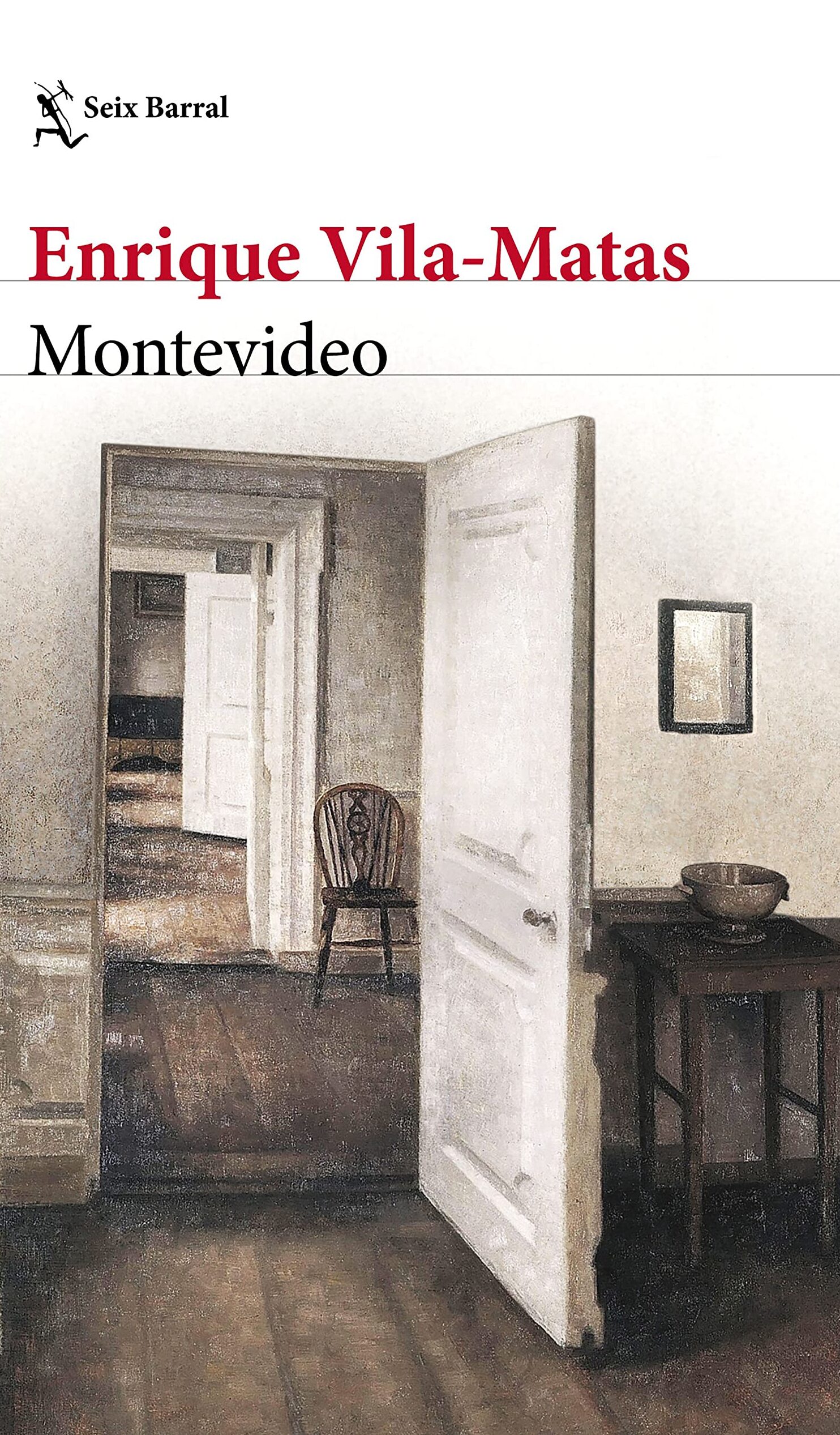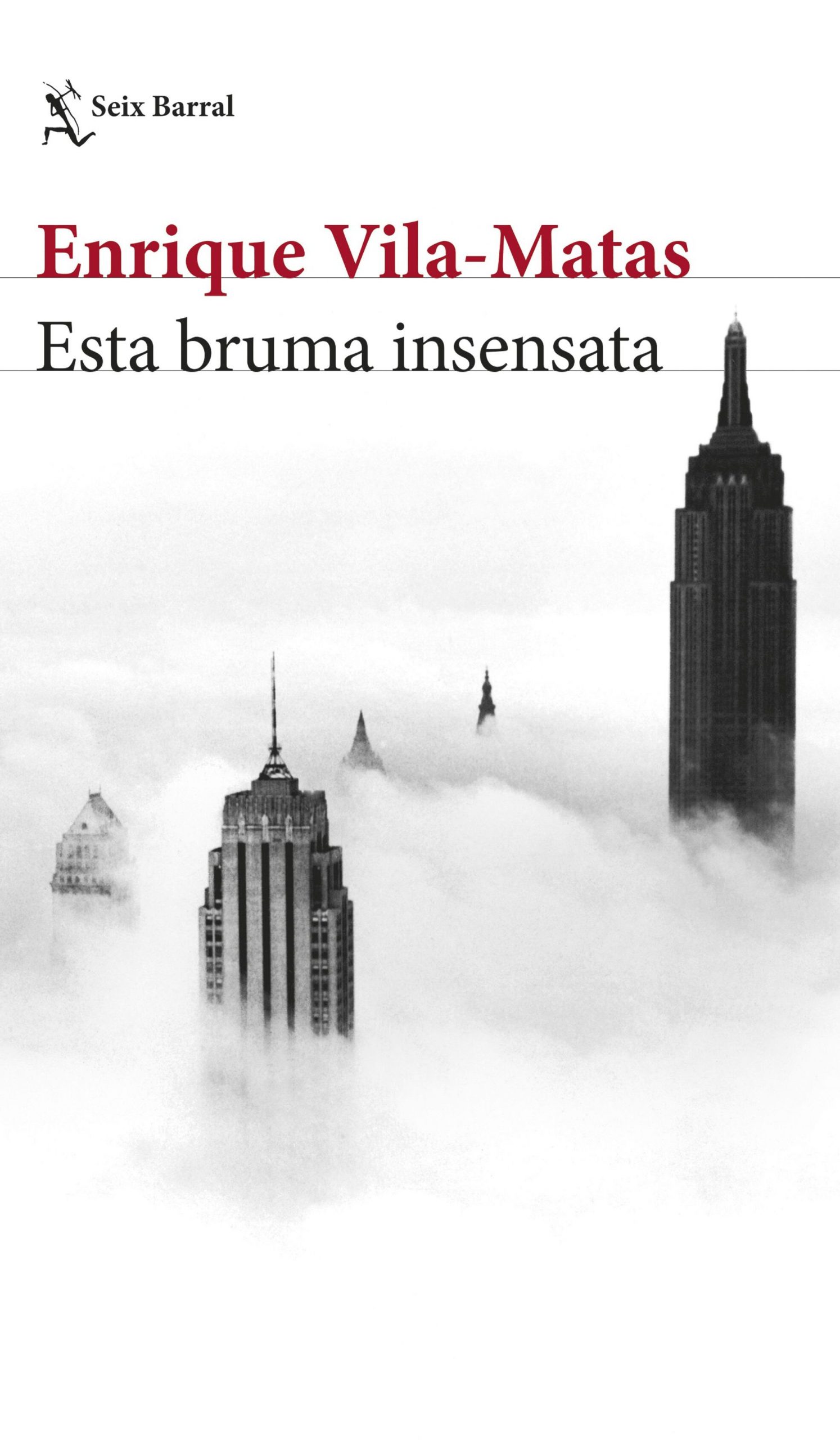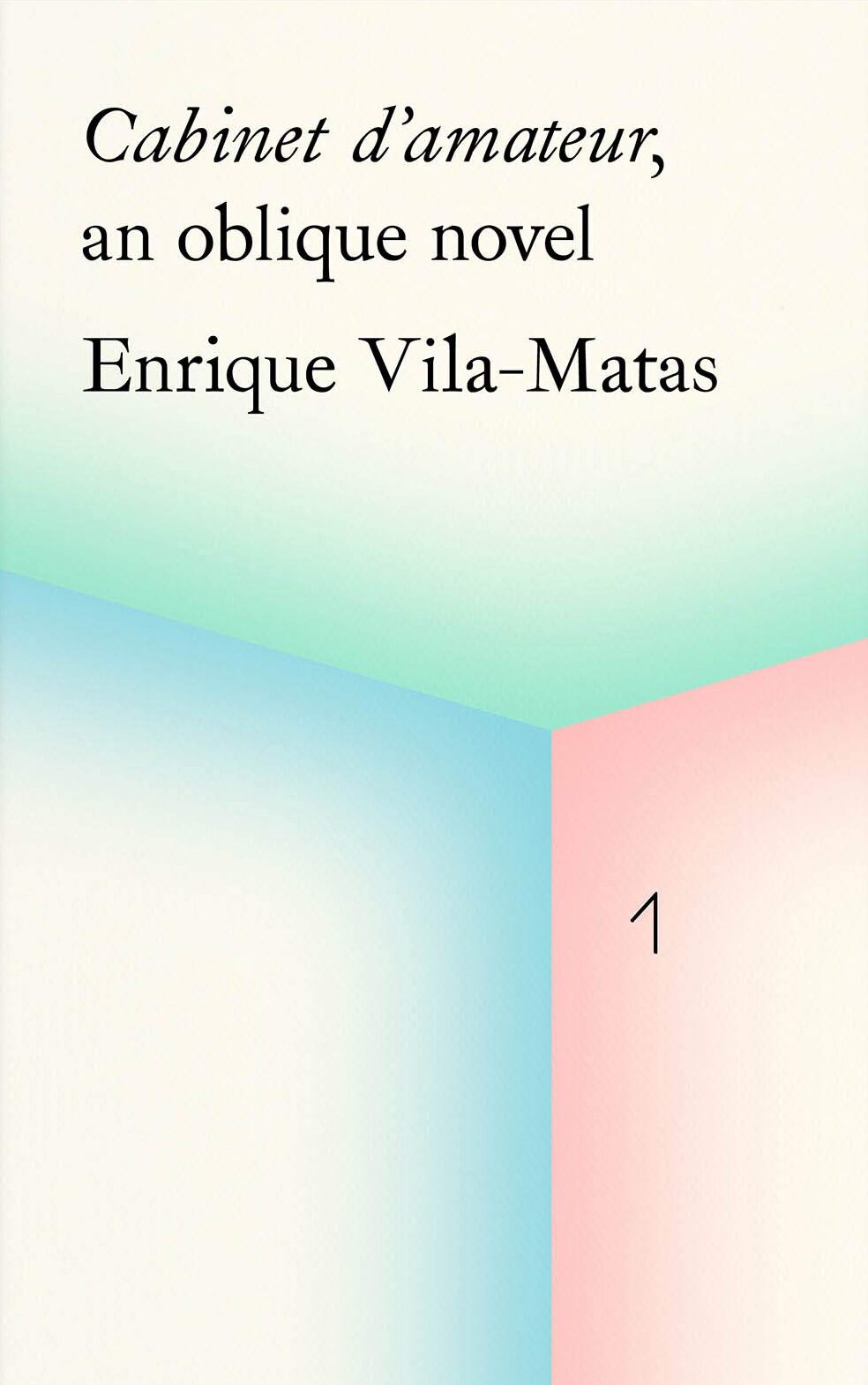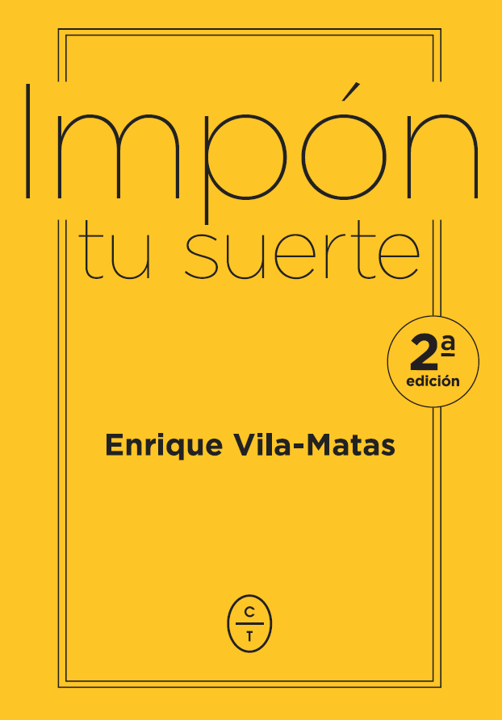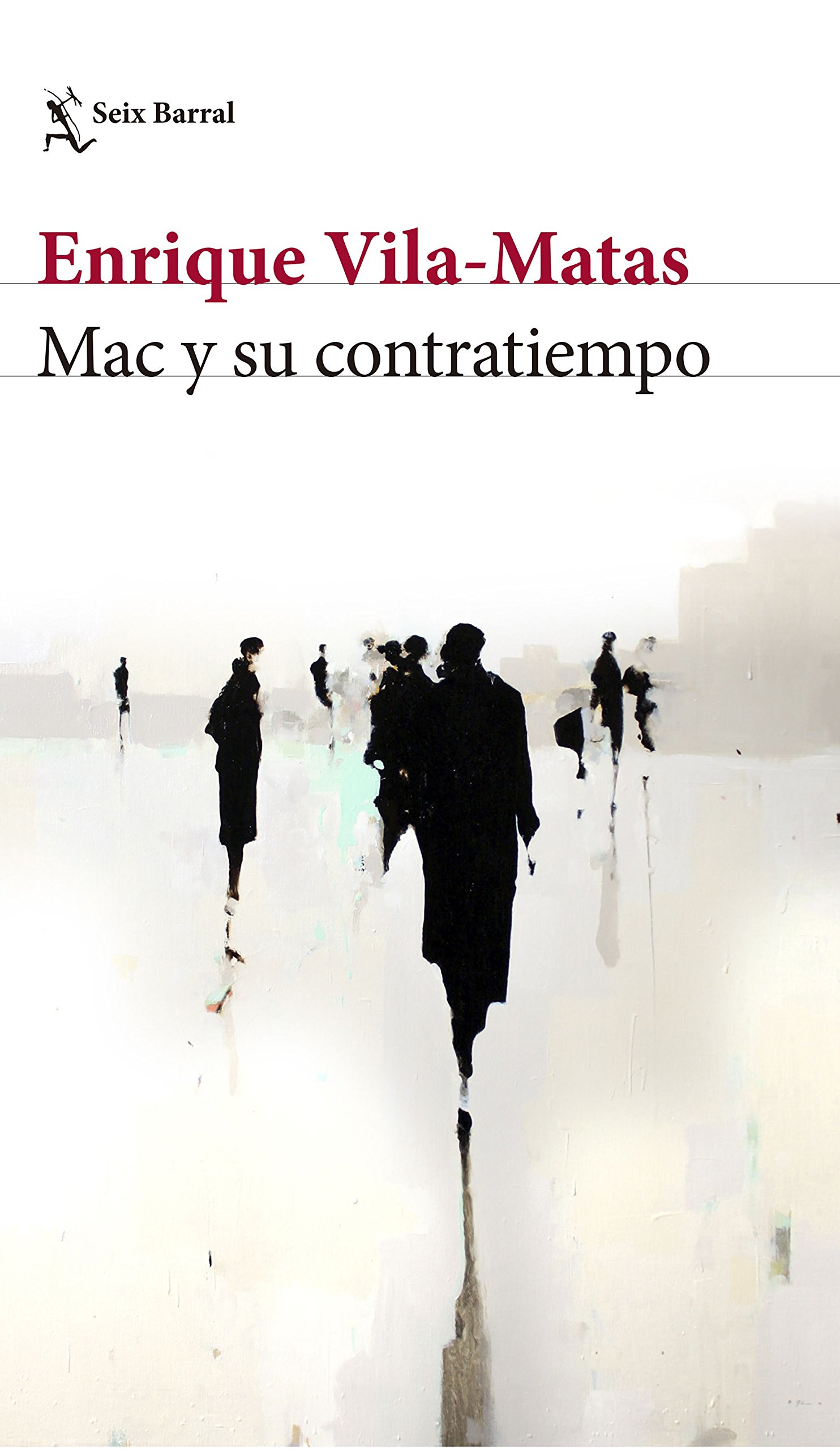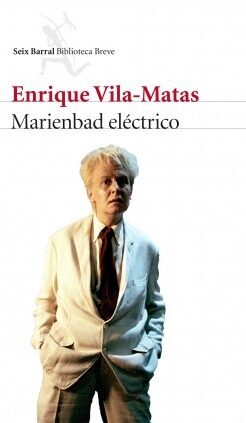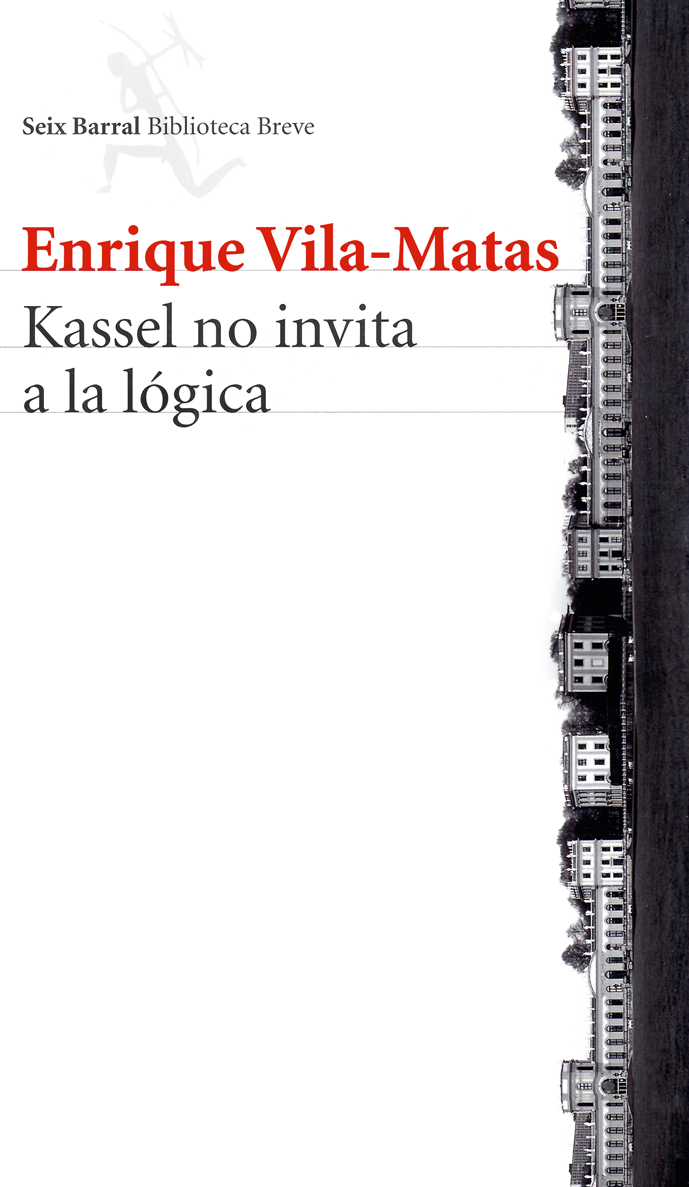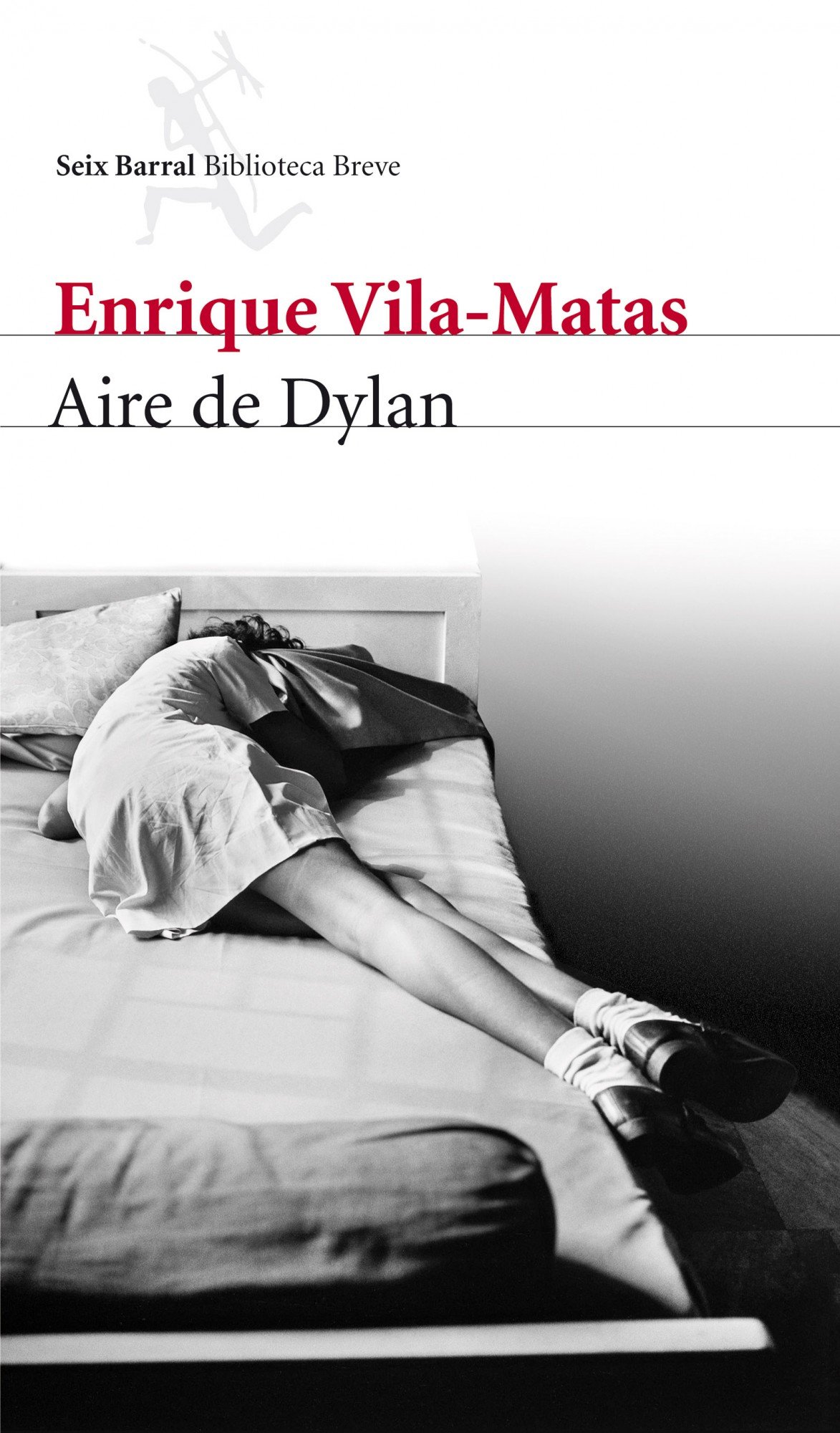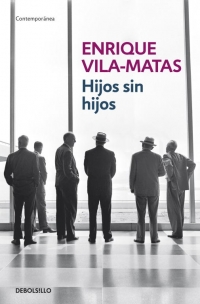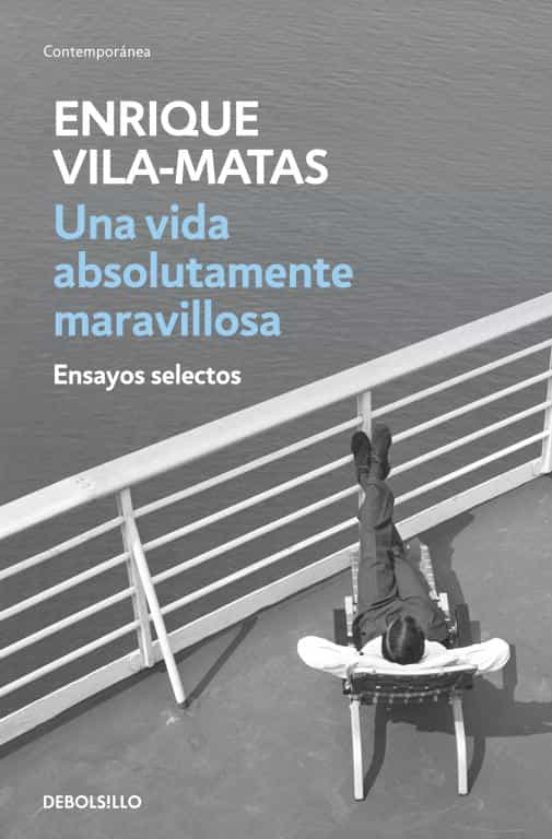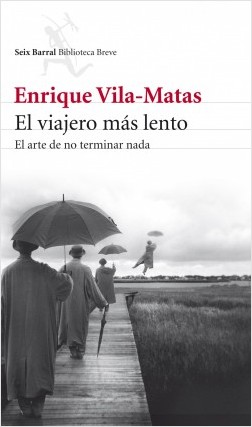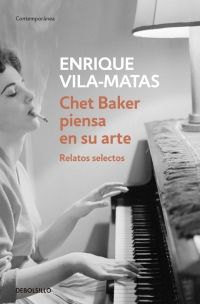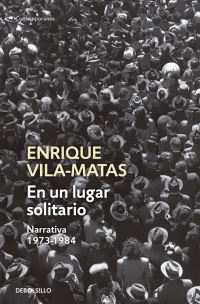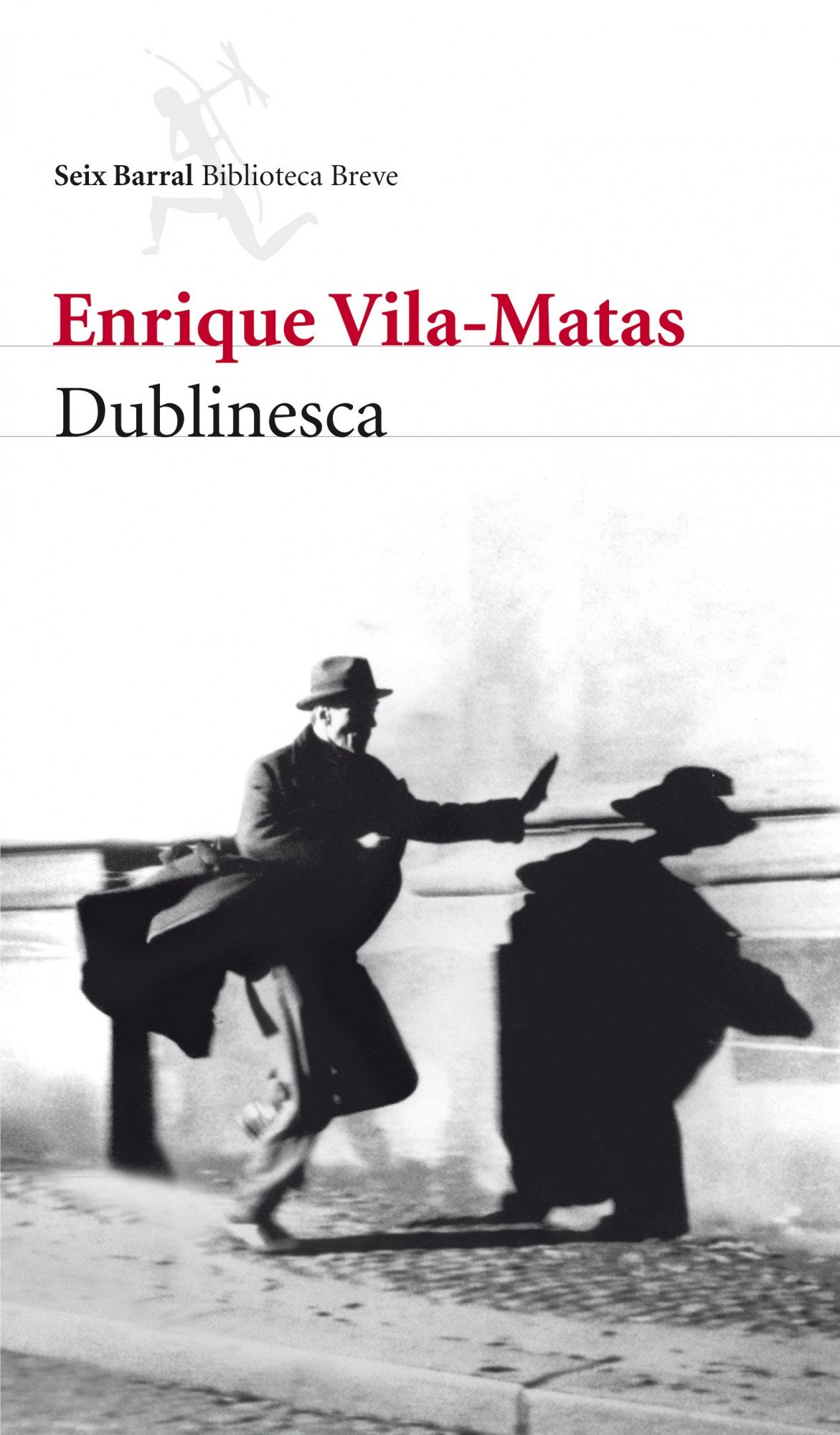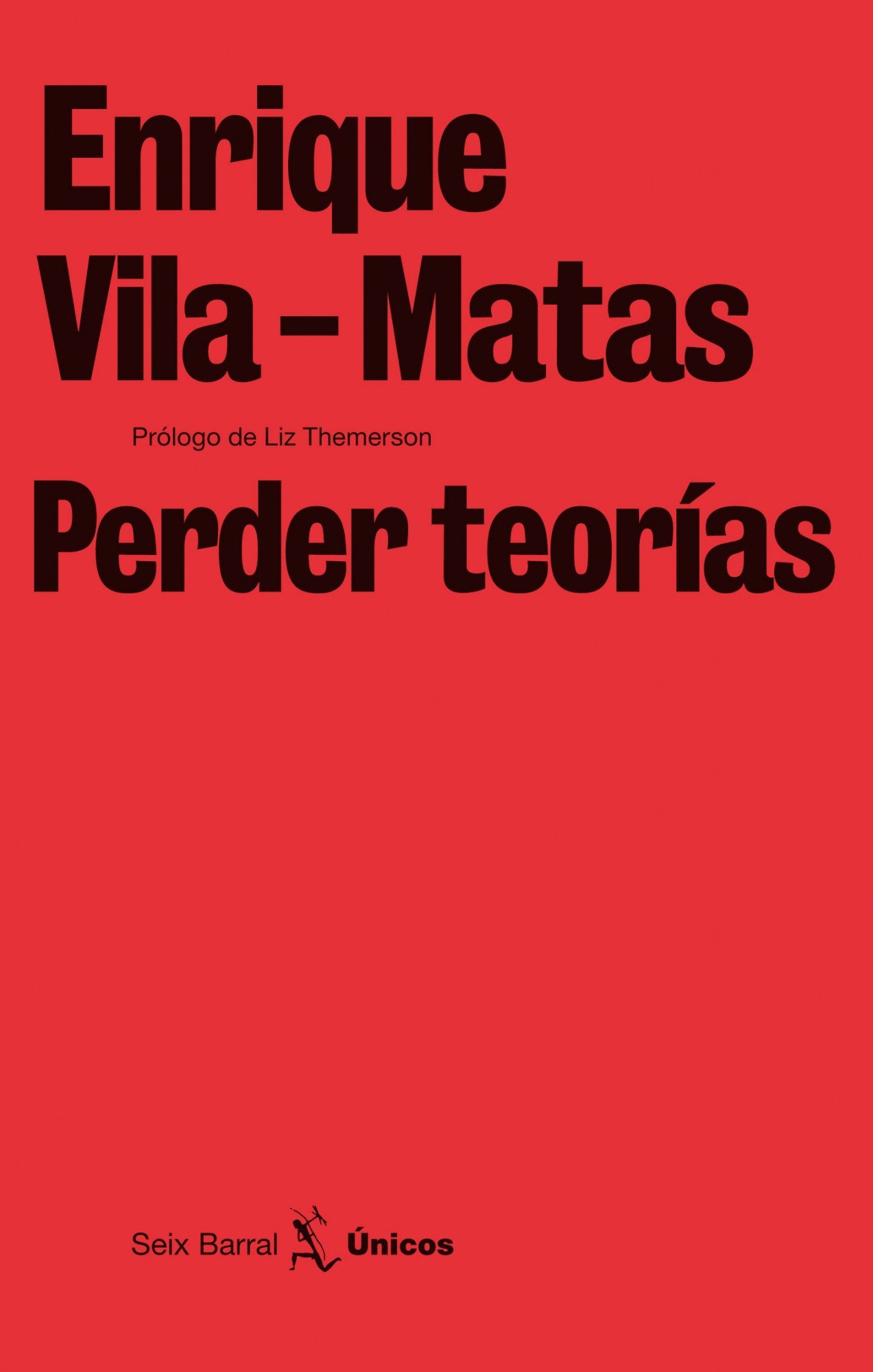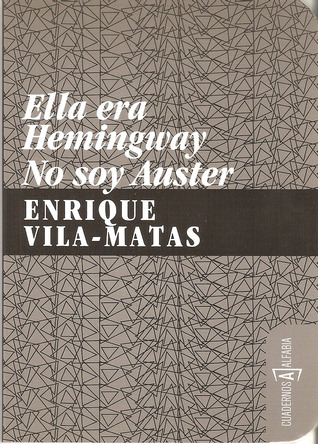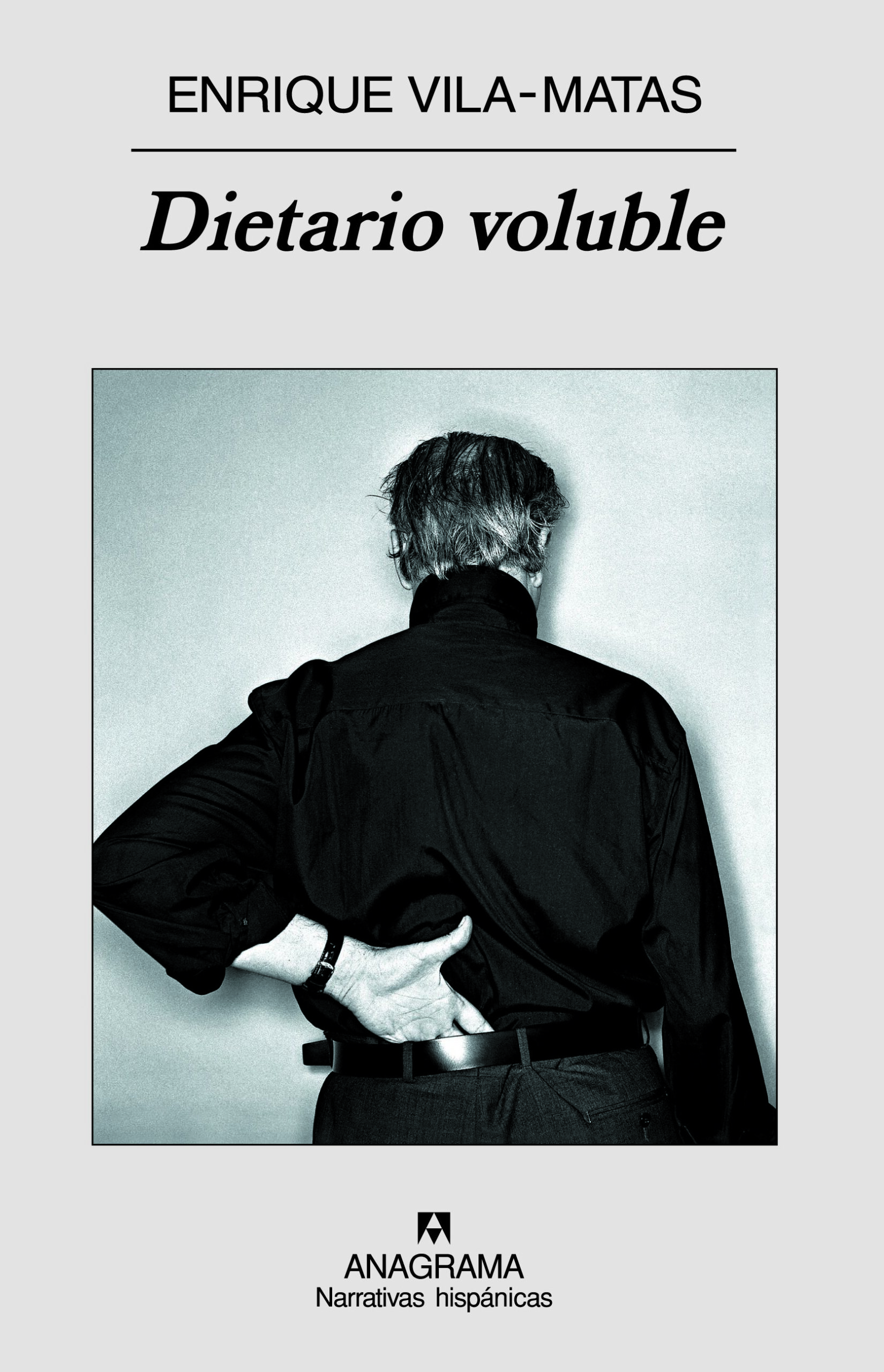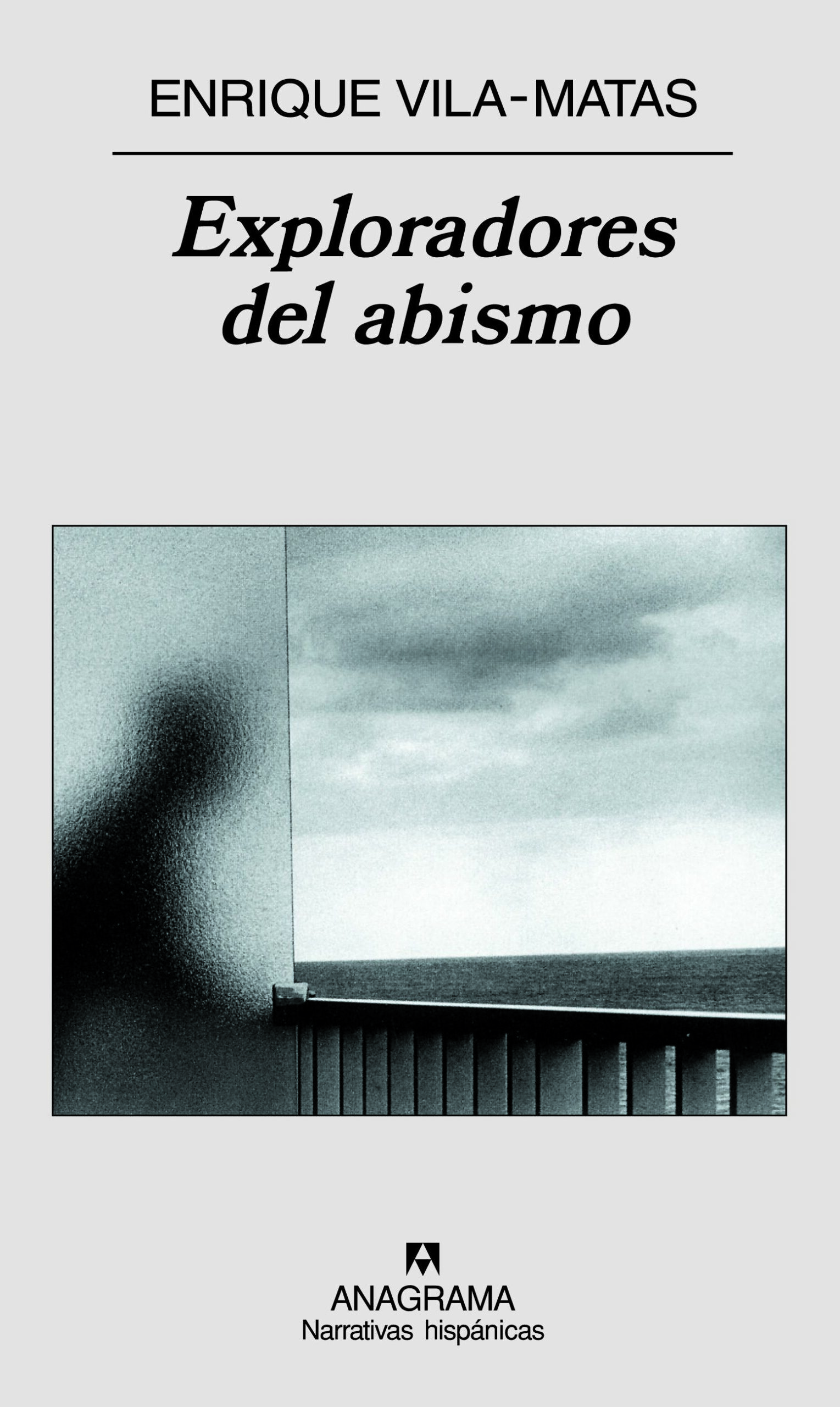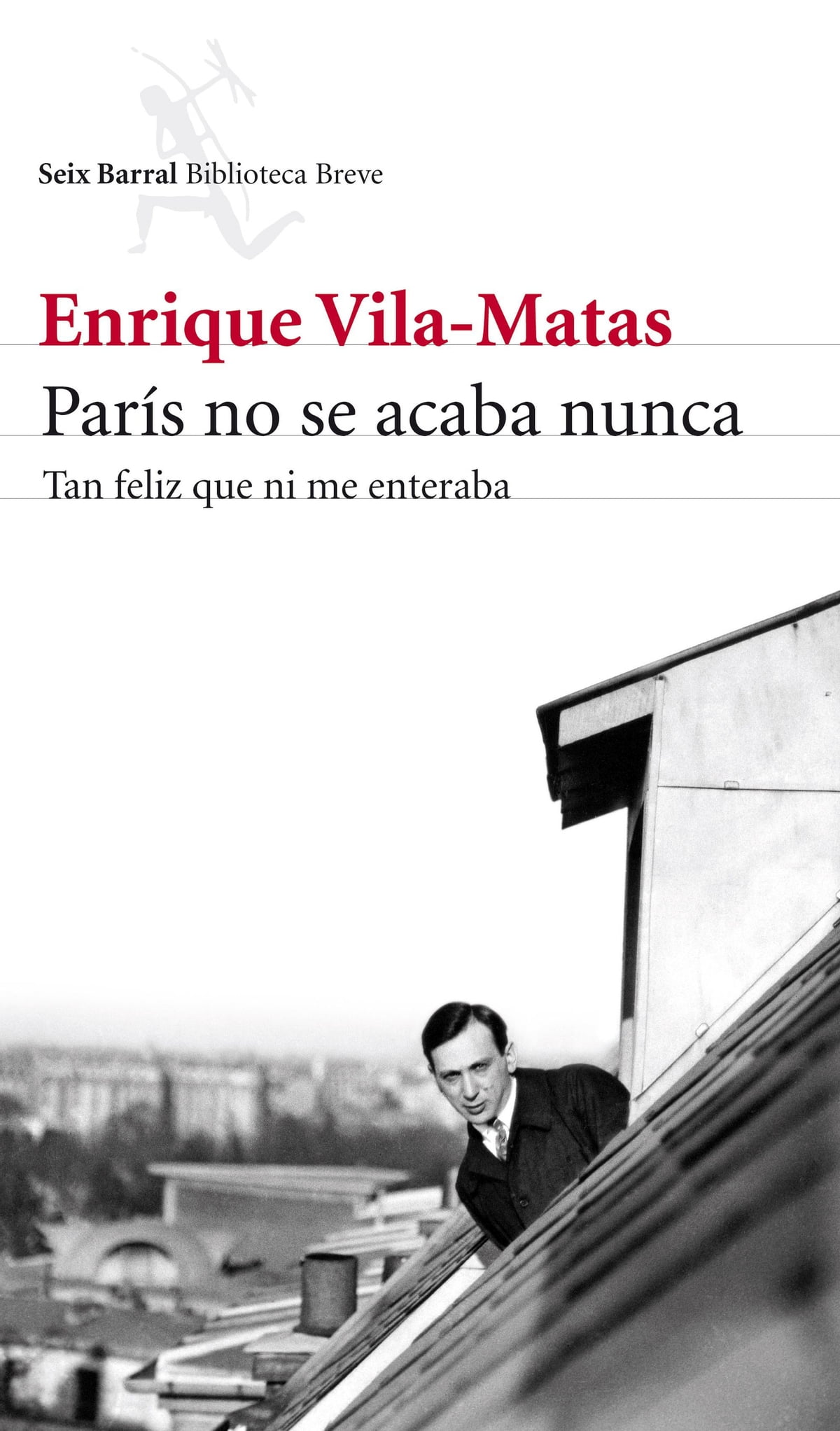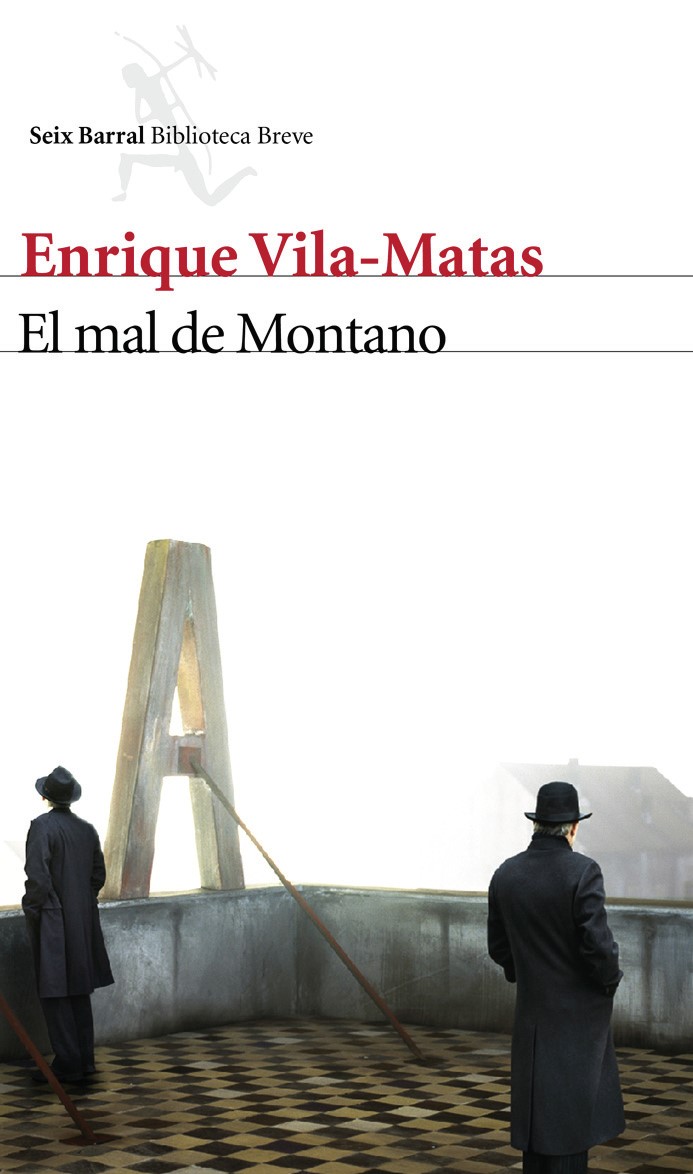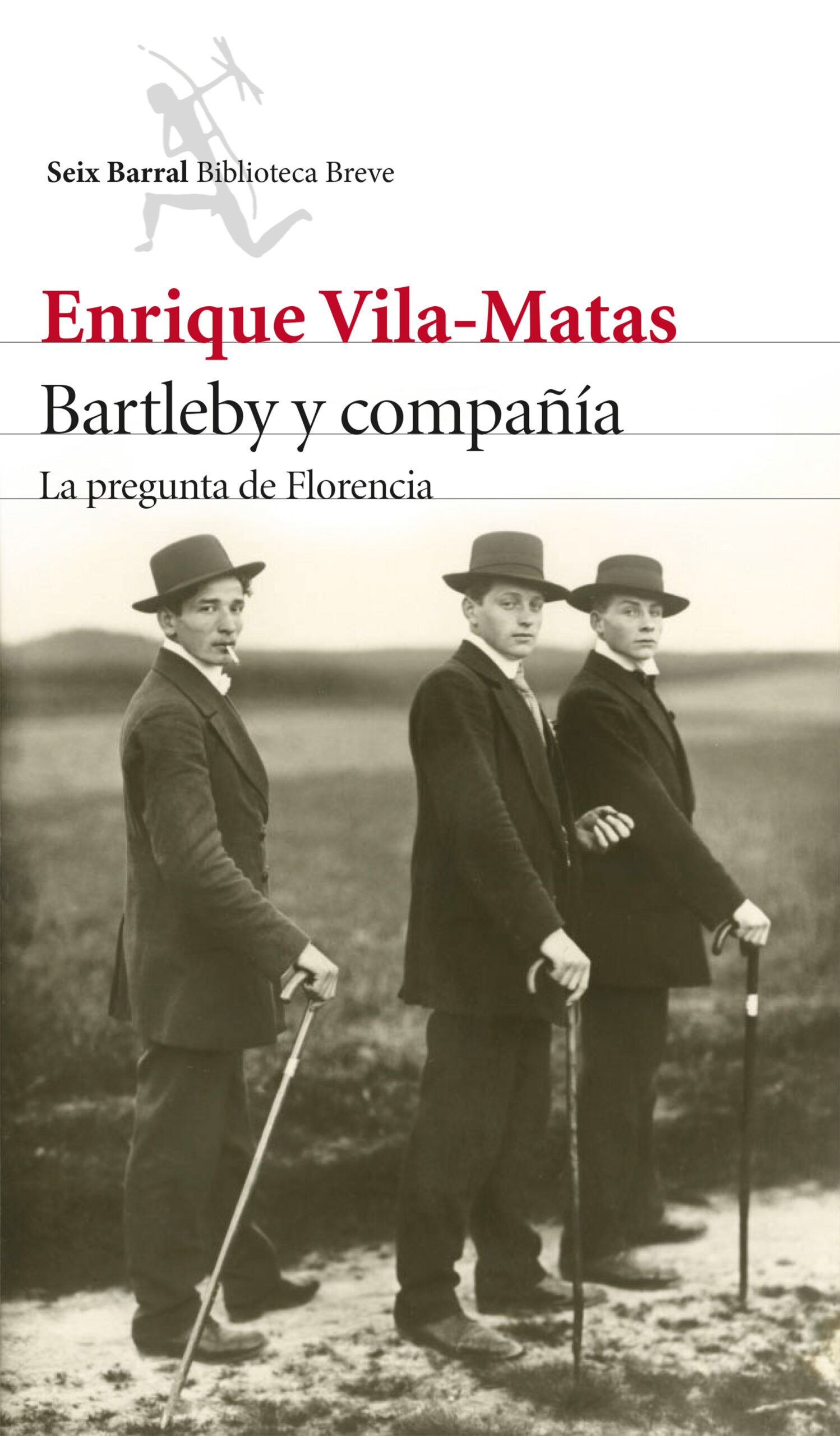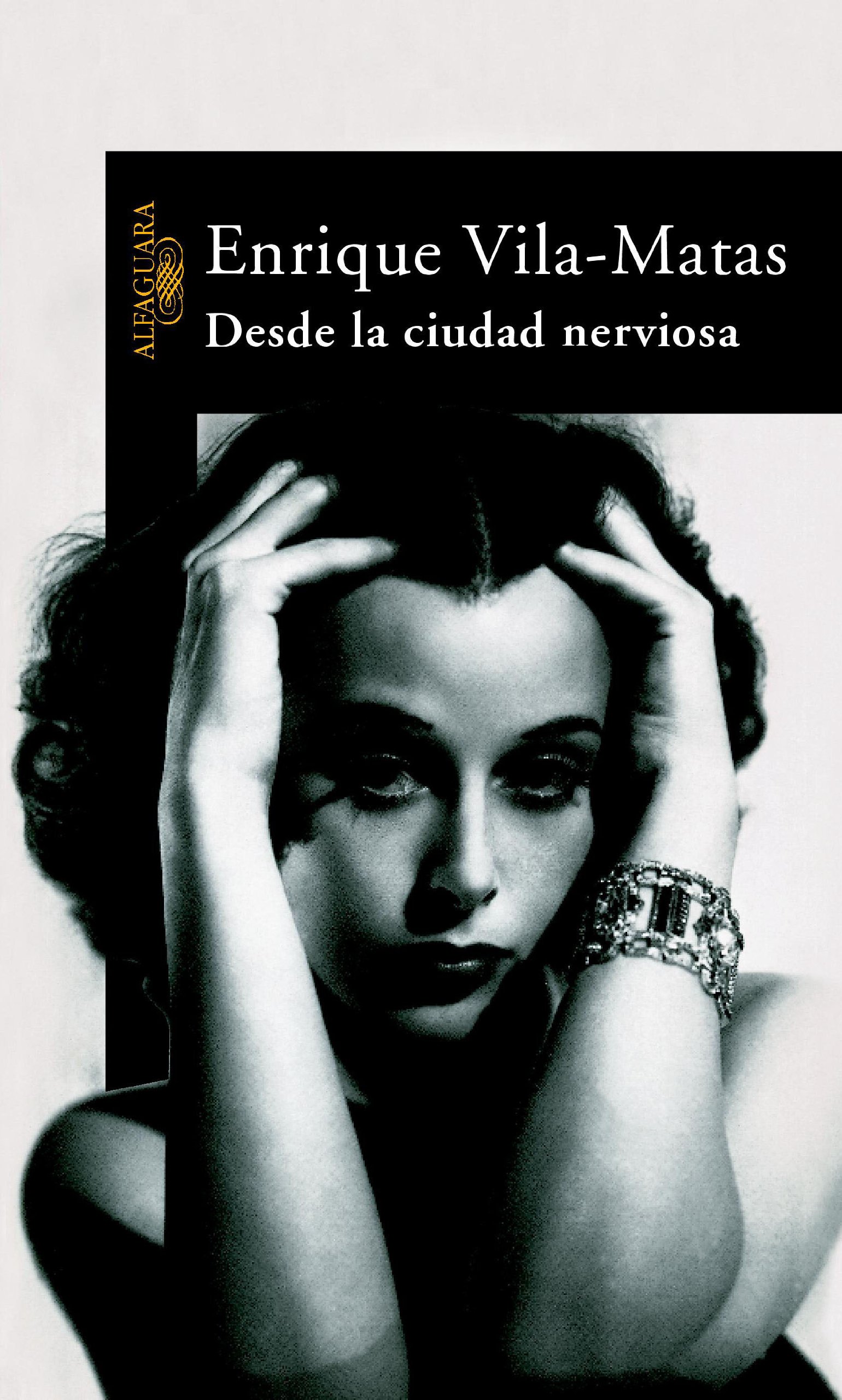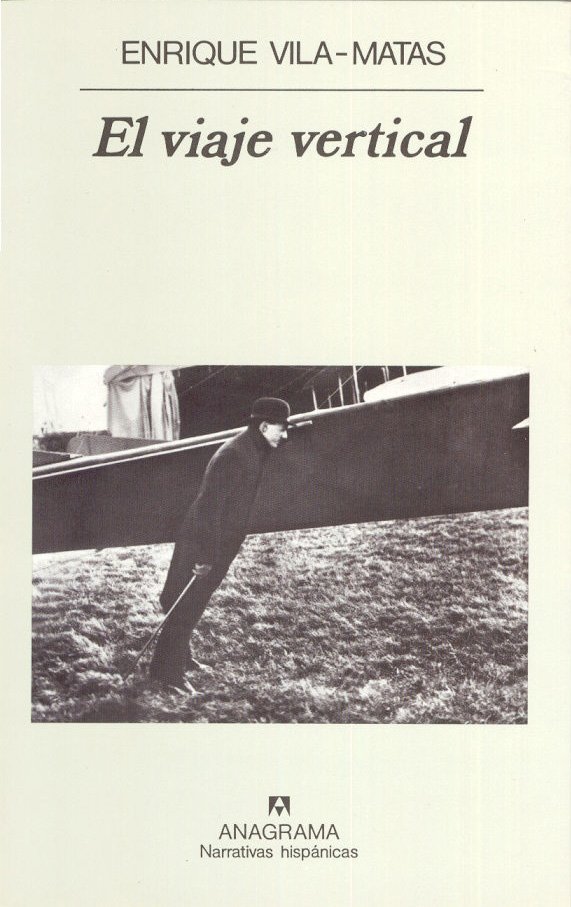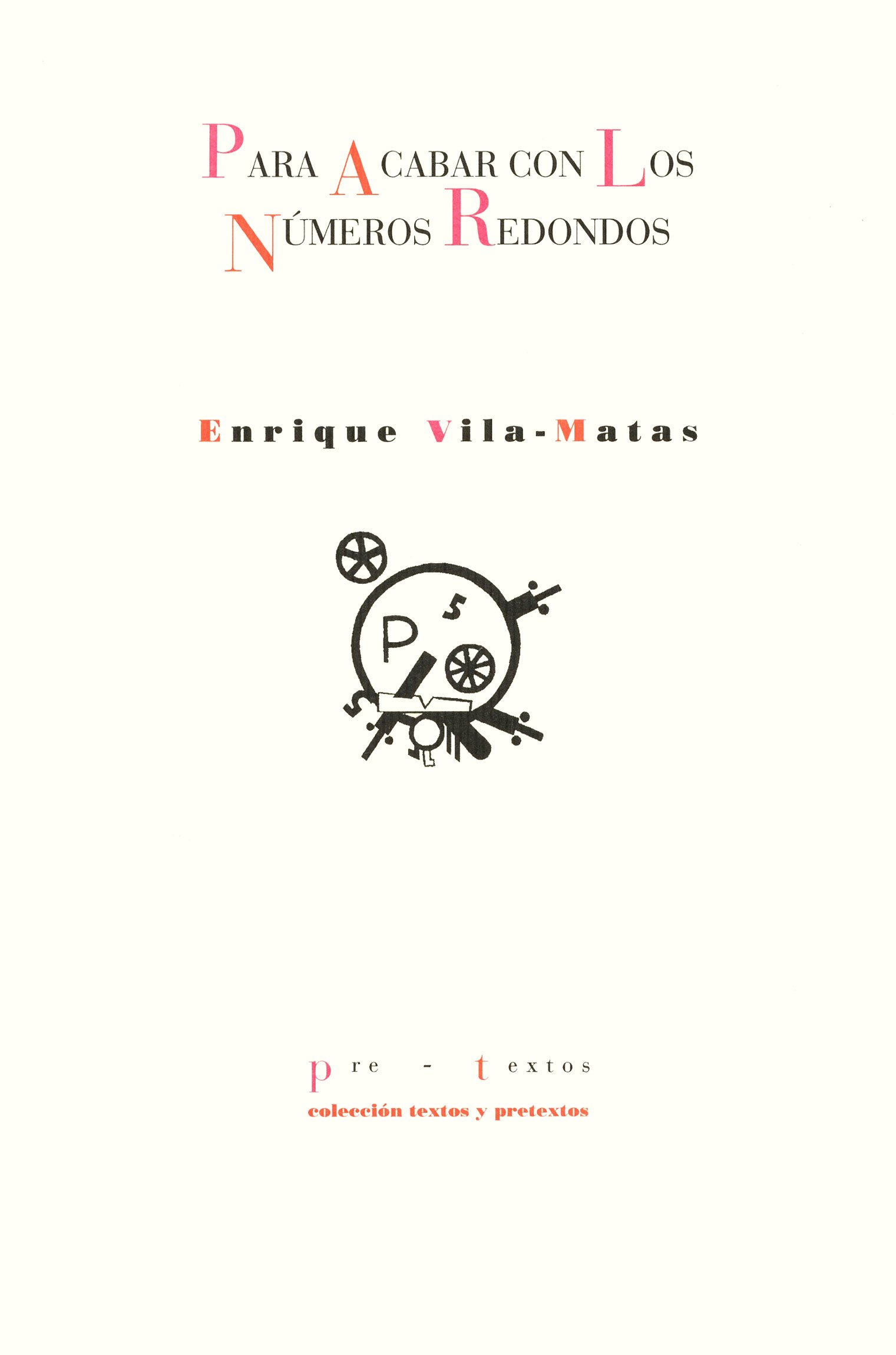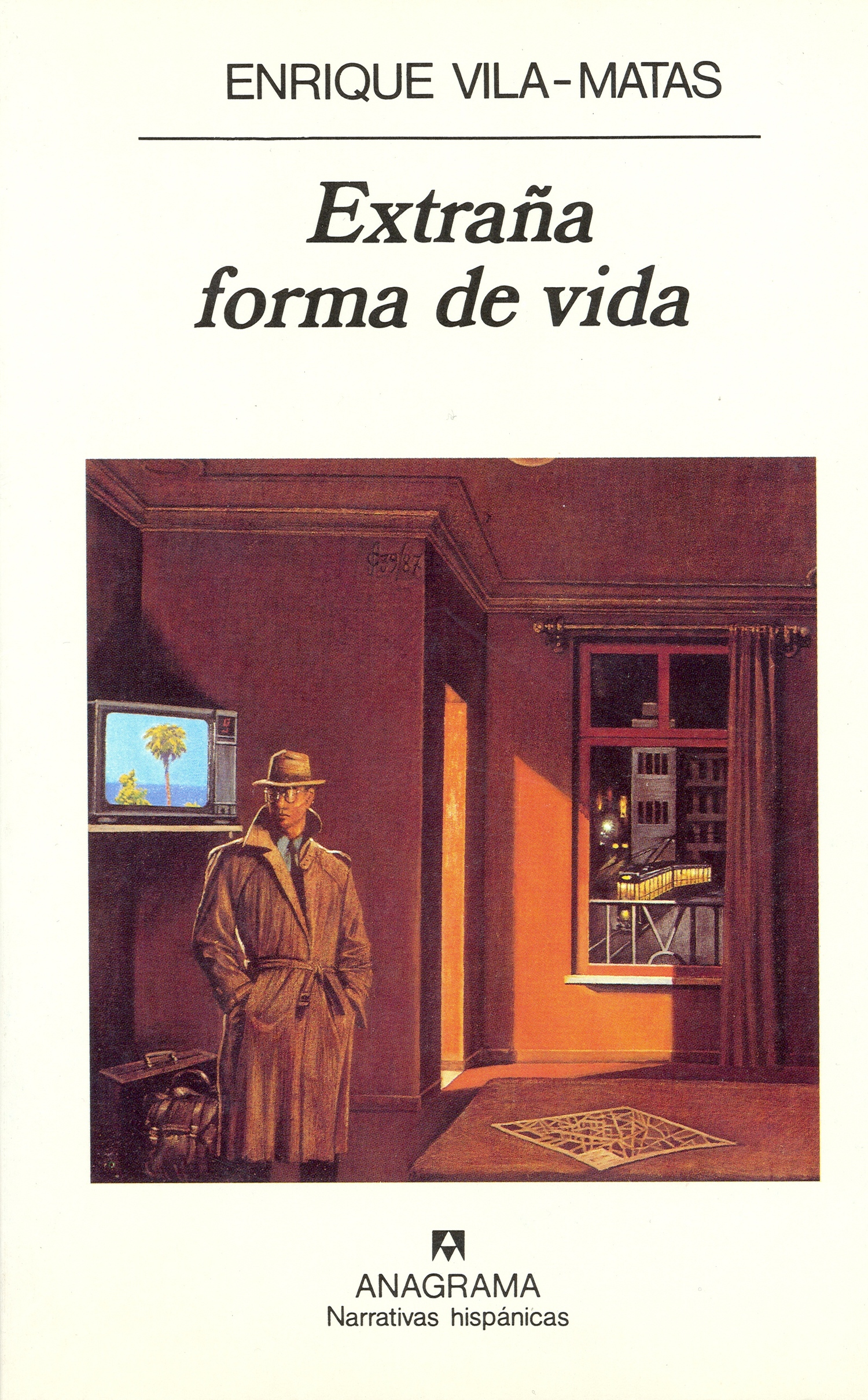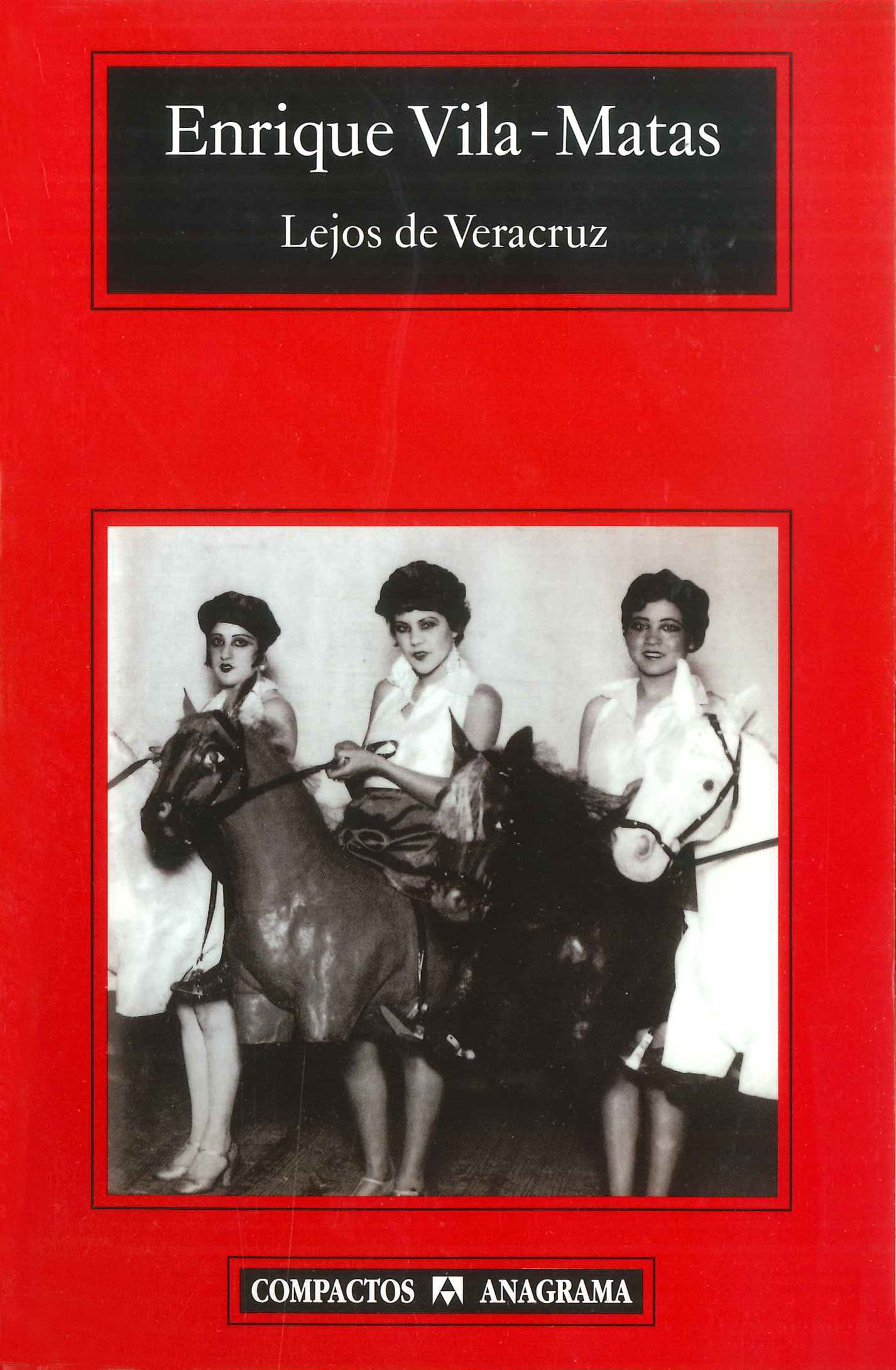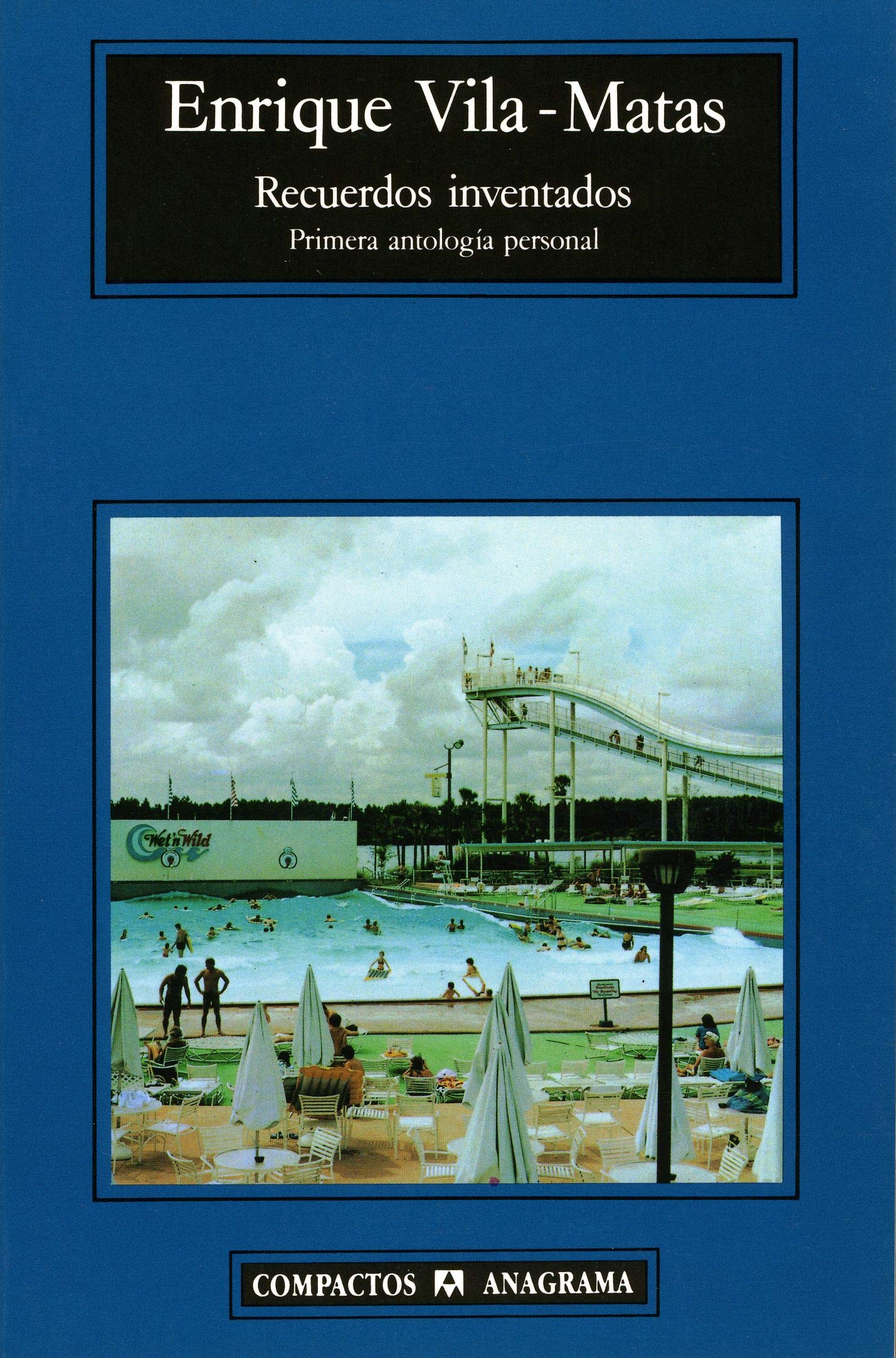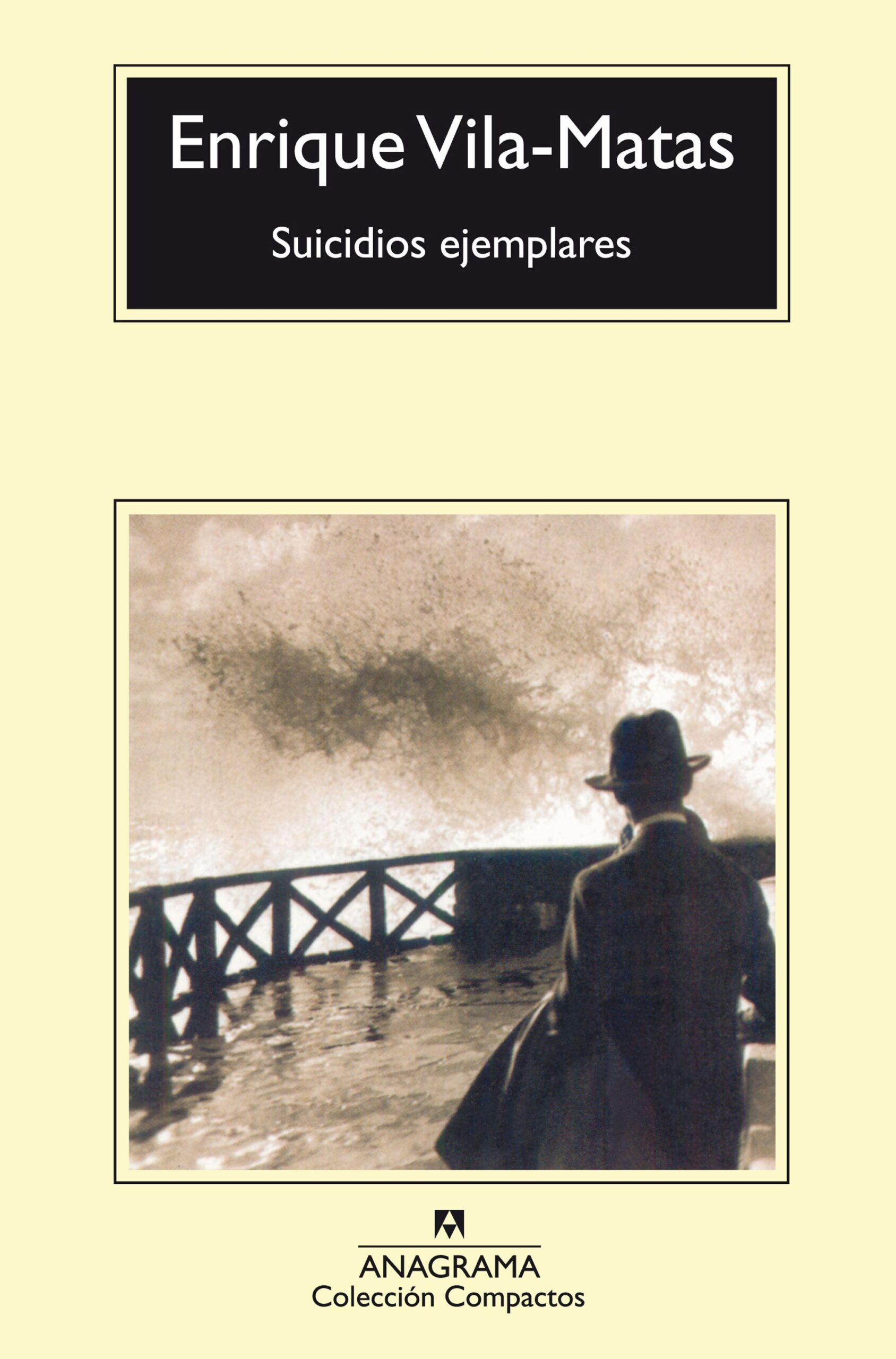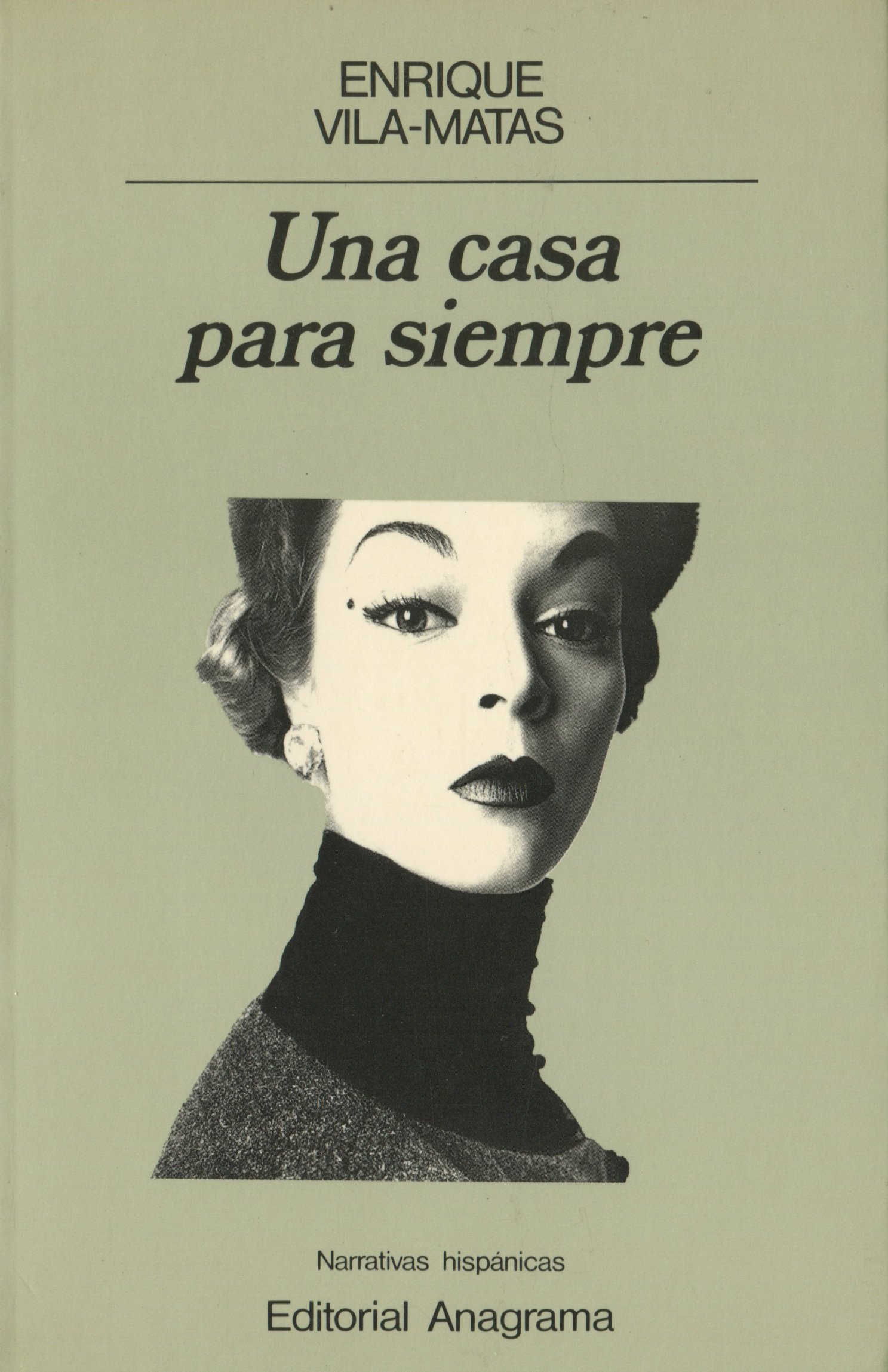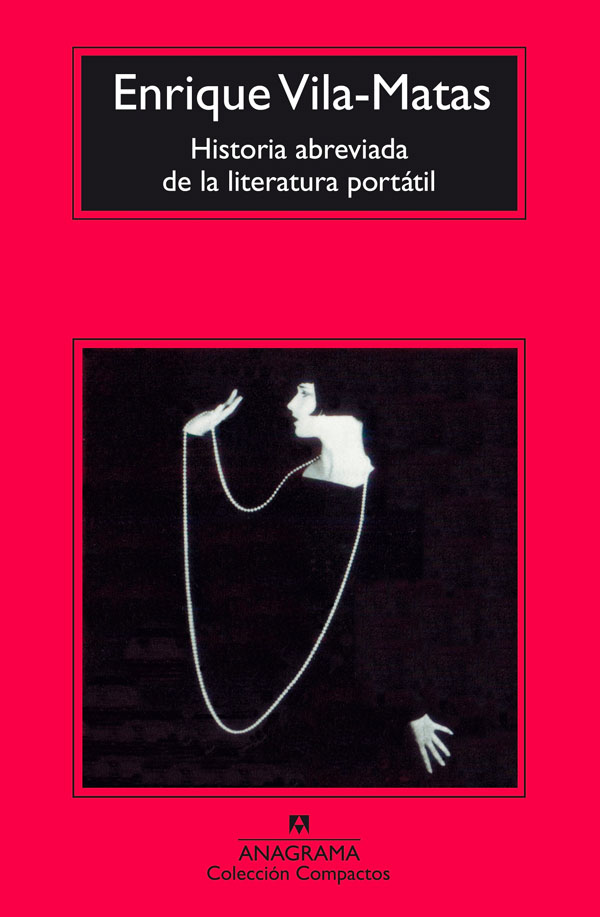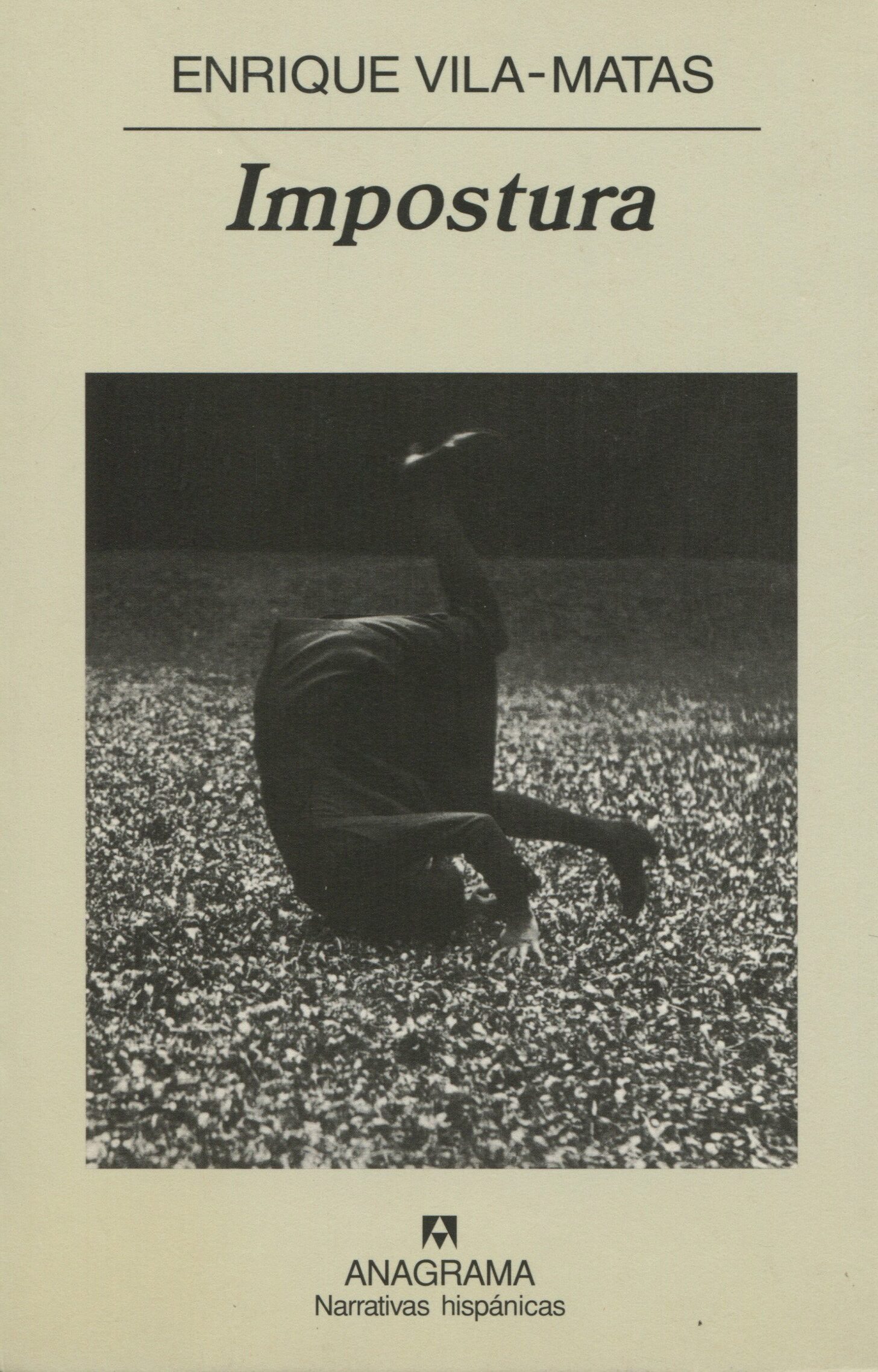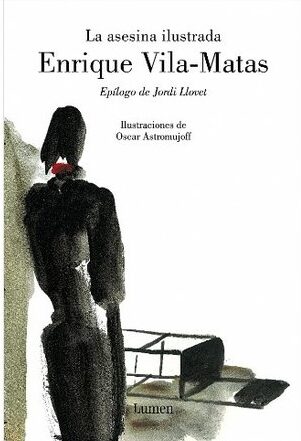
Doctor Pasavento + Bastian Schneider
» Foundation José Manuel Lara Award 2006 for best reception by specialized press
» Real Academia Española Award
» Award Letterario Internazionale Mondello – Città di Palermo, 2009
» Preface by Maurice Nadeau
Doctor Pasavento, Enrique Vila-Matas, after Bartleby y compañía, El mal de Montano y París no se acaba nunca, continues along the upward path that has undoubtedly confirmed him as being on the the greatest writers of our times.
The moral hero of the writer and Doctor Pasavento is Robert Walser, in whom he admires the desire to go through life unnoticed, the life of beautiful unhappiness that he lived and the extreme repugnance he felt for the power and the greatness of literature.
To follow the destiny of this writer is, for Pasavento, to withdraw from the world, as seen in his handwriting that is becoming increasingly microscopic and leads him to replace his pen with a pencil because he feels that this is closer to complete disappearance, from the eclipse. “I don’t write to be photographed”, he sometimes says. He wants to set himself apart and, one day, disappear.
He thinks that the case will be investigated, like that of Agatha Christie when the whole of England searched for her for eleven days and she was finally found. But nobody comes looking for Doctor Pasavento and this simple truth gradually dawns on him: nobody is thinking about him. We therefore see him resort to the strategy of resignation: the extreme act with which some writers ensure the only way of capturing the sparkle of a full and inexpressable life that is not suffocated by power.
We see him renounce himself, his greatness and, of course, his dignity, to the point where he even believes that the story of the disappearance of the subject in the East is incarnated by him alone. “What I want is to continue to exist without being bothered”, says Doctor Pasavento, and then, almost in contradiction, he asks if he will be able to live if nobody even remotely remembers that he exists. He travels to the Swiss mental hospital where Walser lived for many years removed from the world and he gets close to the practice of a very peculiar art, and one which his most admired writer was an absolute master: the art of turning into nothing.
«An essential work in Vilas-Matas’ back catalogue; an entertaining and tragic novel.» Qué Leer
«An ingenious flight over almost everything that is written in Spain.» J.M. Pozuelo Yvancos, ABC
«Essential in the Spanish novel today. This novel is a powerful antibody against ordinariness.» Domingo Ródenas de Moya, El Periódico
«A superior novel. It sets him far and above the many earthlings who are incapable of noticing the breath of the divine.» J.A. Masoliver Ródenas, La Vanguardia
«The reading of this novel is an enormously fascinating experience.» Alain Nicolas, L’Humanité
«Magnificent. We recommend that lovers of literature not only read this book, but also have it at hand for a long time.» Patrick Kéchichian, Le Monde
«He has positioned himself as the best Spanish writer of the decade.» Nelly Kaprièlian, Chronic’art
Arabic: Almada; Brazil: Cosac Naify; France: Bourgois; French Pocket: Titres; Germany: Nagel & Kimche; Greece: Kastaniotis; Italy: Feltrinelli; Portugal: Teorema
